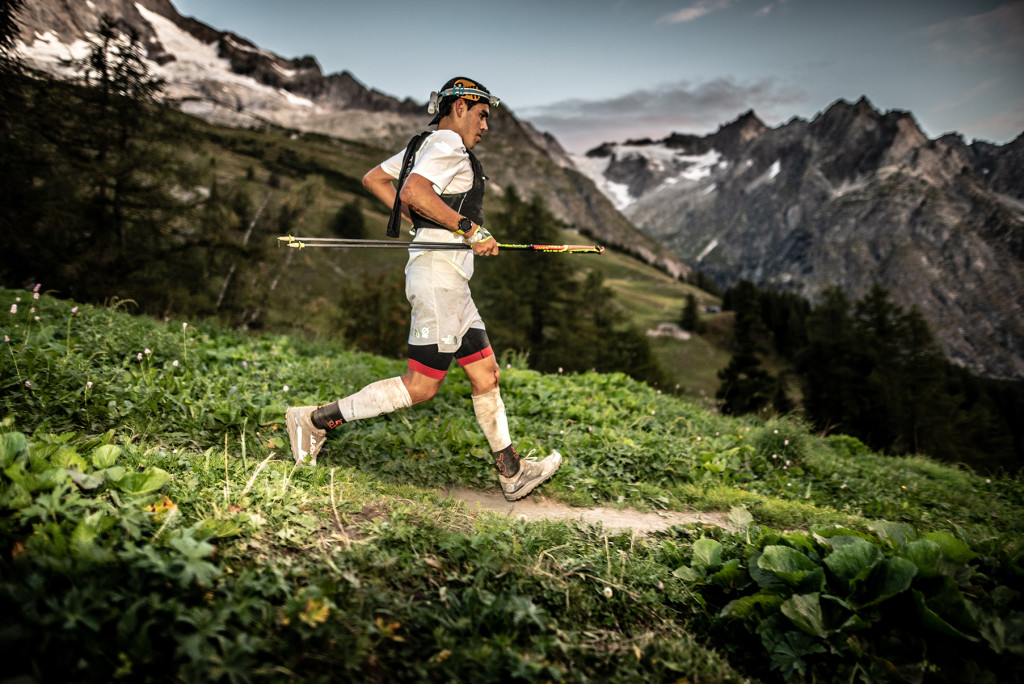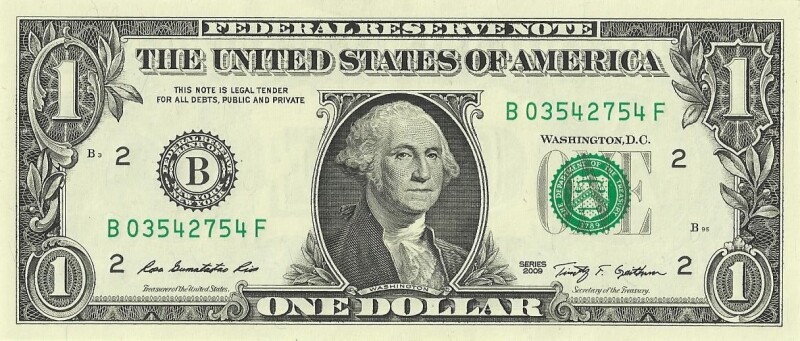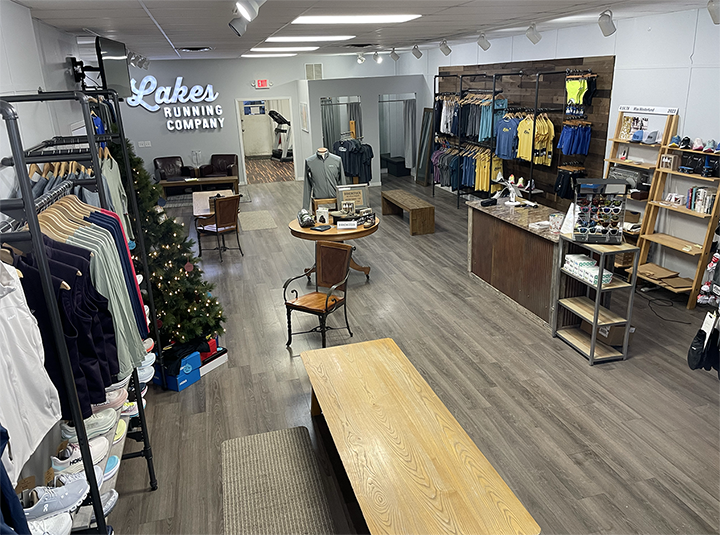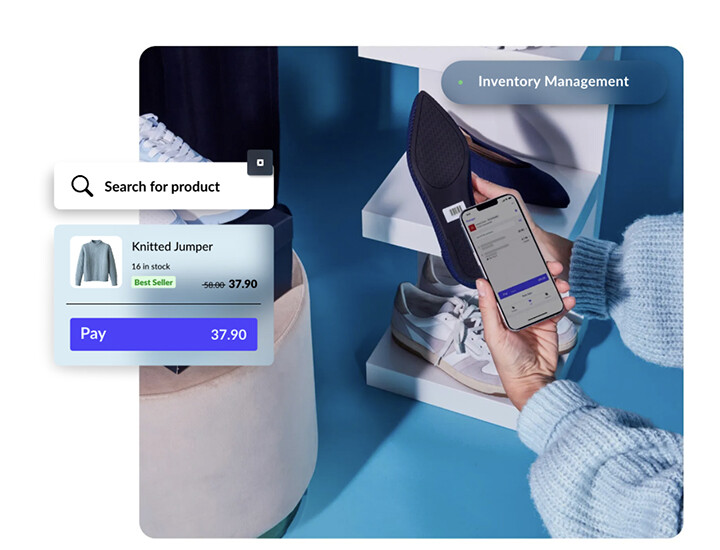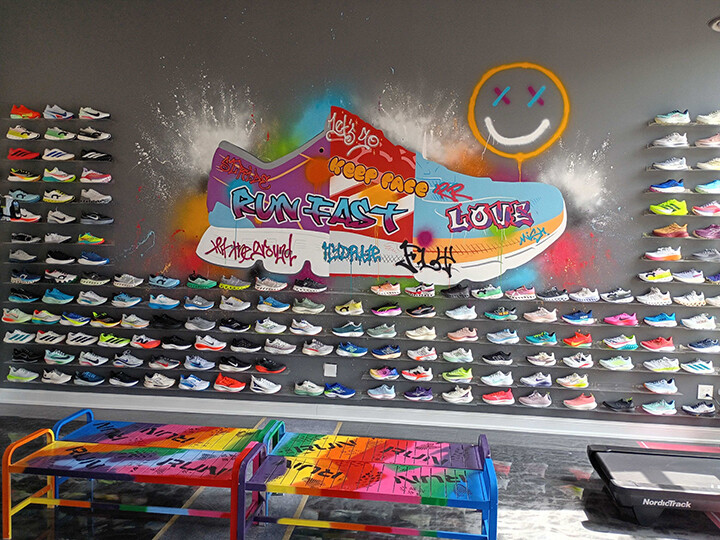In arguably the most spectacular Fastest Known Time (FKT) attempt of the season, 28-year-old Pau Capell this summer went all out by himself to better the 20-hour mark on the original course of Ultra-Trail du Tour du Mont-Blanc (UTMB). After winning the race in 2019 in an appropriate 20:19 hours – and with the official race cancelled this year due to the COVID-19 pandemic – Capell went for it solo with an aggressive tactic, but ended up falling short of his goal and finished in 21:17 hours, which would still have placed him third in the actual race in 2019.
Capell always uses LEKI poles during his runs, so the company caught up with him as he recovered from the attempt to see how he did it and how it felt.
LEKI: How important was your team's support for the 171km long trail?
Capell: My team’s support was my main motivation to run. For me it’s very important to have my family and friends around me and for the Breaking 20 I had the best support that I could imagine. With all my family and the best friends there, it was amazing to run with them and their support in the stations and also during the trails. It was very important to finish the project.
How did it feel compared to last year? Without competitors, without fans?
Without competitors it’s really different. It’s more complicated to run with your watch than run with competitors, because when you run with your watch you are following your pace. Also you are looking all the time at your watch and you start to lose some minutes. It‘s really complicated to understand how you can manage the situation. When you run with competitors it‘s totally different, because you can manage your time depending on the surroundings. It‘s much easier. There were a lot of people there, so it was kind of the same feeling as last year when I ran the official UTMB, because at the start and at the finish line it was full of people. And then I saw along the course a lot of people encouraging me, so it was really, really similar to a race.
How many kilometers into the course did you struggle the most? What was the hardest point?
I was really good in time at Arnuva. There I started to lose some minutes, but I was in time for Breaking 20. In Champex-Lac it was the hardest point, because I was obviously tired after 120km, but the worst part was my mind. I knew that it would be really difficult Breaking 20 and it was a complicated moment, because I knew that I should run. At this point I needed to manage this situation of “I am not going to do the Breaking 20,” but “I need to run to the finish because I want to finish.“ This was the hardest point.
Can you tell us more about the emotional ups and downs during the trail?
During the trail you feel a lot of emotions. The first part you feel excited, for sure. At the start, I could see all the people there, encouraging me without a race, only me for my project. Also the people, who were there to say, “Yeah Pau, you can do it.“ That gave me really positive emotions. The moment I started to run was crazy. I was running too fast, because I was excited. Then in Courmayeur, in the half of the race I felt good, but in the uphill to Bertone I started to feel tired and it was my first down. You need to manage mentally all kind of situations. Especially when you think that you can’t continue running, but you want to run. Then it gets complicated. The worst part was in Champex Lac, when I realized I was running just to run, step by a step, kilometer by kilometer. In my mind I focused only on running. Sometimes I count to 1000 when I am in an uphill and when I finish 1000, I start again. This is one secret that I use for the races when I am having a hard time.
How important was the equipment such as the LEKI poles for your success?
I always use LEKI poles, so it is really important for me. Especially in the uphill climbs of my races I depend on them. So they are really important for my performance.
What are you doing now after this great but exhausting accomplishment? What is the recovery like?
Now I am training again. I started to train three days after the race, because I needed to recover my legs, but also my mind. I start free this week, four days free training what I want with friends, without planning.
